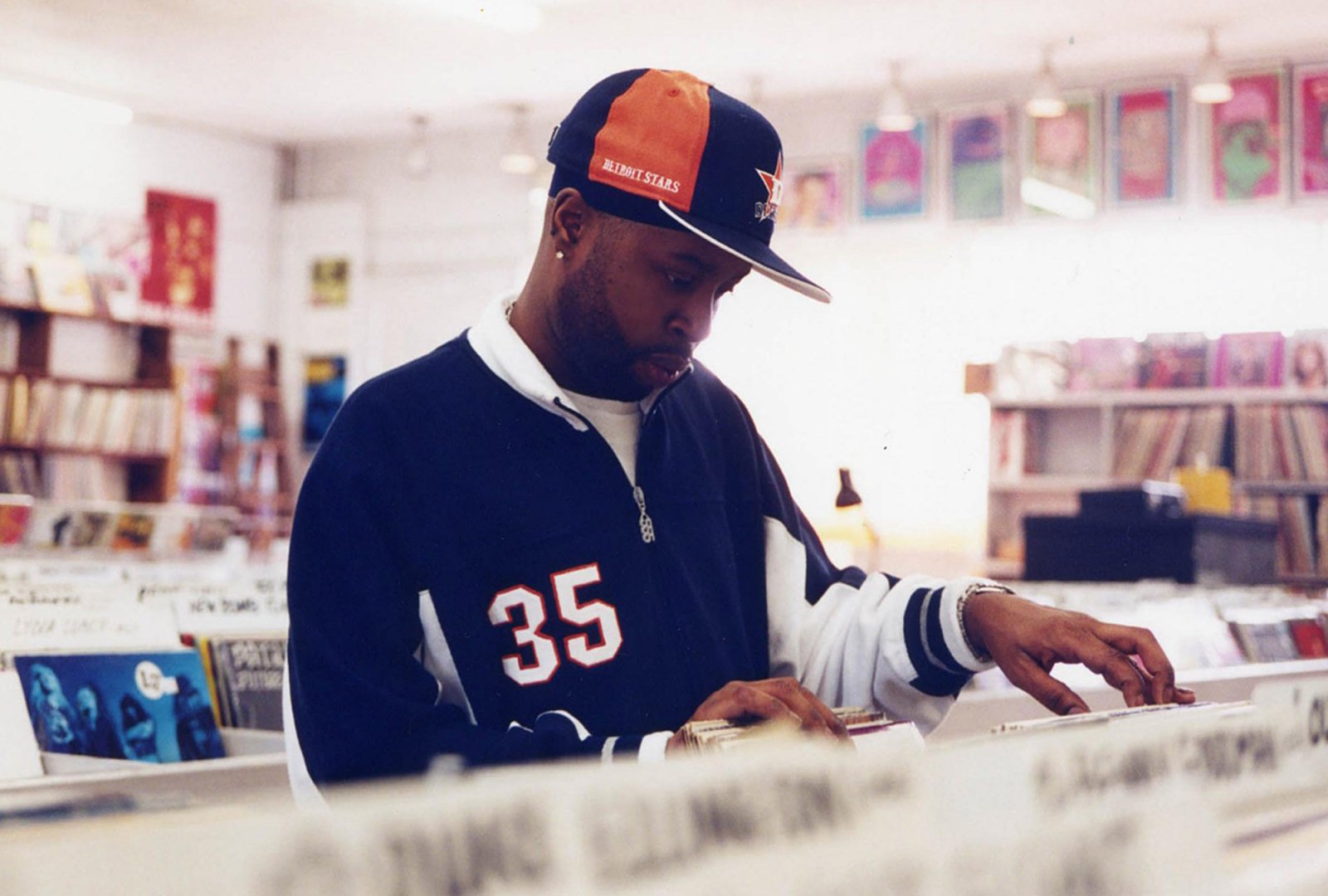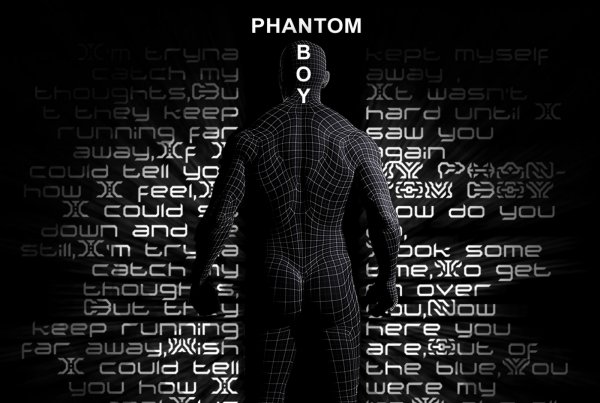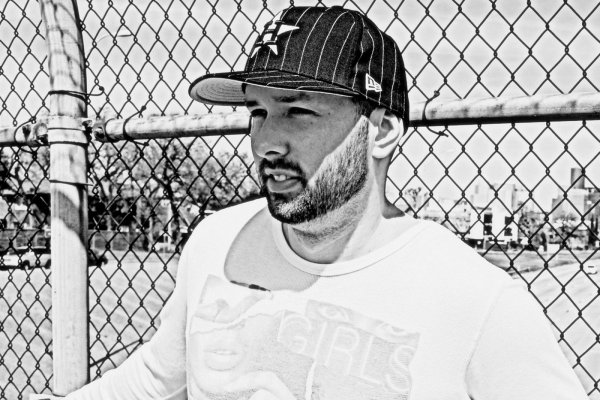A Decade of Donuts - J Dilla's Acclaimed Album 10 Years On
J Dilla (James Dewitt Yancey), was a Detroit Hip Hop producer and rapper, also known as Jay Dee. ‘Donuts’ is his album of instrumental hip hop which was released in 2006 on his thirty second birthday, three days before he died of complications from a rare blood disorder.
Much of ‘Donuts’ was completed whilst Dilla was in a hospital bed - friends from record label Stones Throw bought him a little Roland SP303 sampler and a stack of vinyl 45s during his final hospital stay, from which he constructed most of the album. Exactly how much was created in the hospital is still argued over in hip hop circles - and whether he was actually sampling vinyl or editing on a lap top is also hotly disputed. It matters not. The stark truth is that ‘Donuts’ is the final piece of work from an artist who knew it was the last thing he was ever going to produce. It is a parting gift, a musical goodbye made up of thirty one tracks, one for each year he lived.

In hospital, suffering from an incurable illness, equipped with a low-spec’ed sample box and some old vinyl, Dilla created an incredible audio montage of emotion, stitched together purely from parts of other records. It’s not a ‘finished’ project in the traditional sense - but its incomplete nature just adds to its charm, in the same way a sketch can be more powerful than a finished oil painting. Paradoxically, ‘Donuts’ doesn’t sound like anyone else, despite being constructed largely from other peoples music. It is intense, claustrophobic almost, and with all but one of the tracks under two minutes long there’s little room for restraint; instead each dusty, crackling creation carries substantial weight. Drawing his samples mostly from soul records, Dilla lovingly isolated lost moments in R’n’B history and somehow managed to imbibe them with new layers of heartbreaking melancholy and nostalgia. This is hip hop boiled down to its raw essence, every sliver of sound is an essential part of the whole and it has been edited down to the bone, to its purest form - the sound of a man facing his own mortality with literally no time to waste.
’Donuts’ is essentially a producers mix tape, the kind of thing that a producer would use to showcase their work, and for rappers to put lyrics on. Two things make ‘Donuts’ particularly special and ensure that it stands out in the instrumental hip hop field. First, the depth of mood that is extracted from the mutated and effected samples, and second, just how much Dilla fetishises and celebrates the particular sonic qualities of the sampling process, and in doing so, celebrates hip hop itself. He leaves in all the sonic ‘mess’ that results from sampling records and sticking the pieces of audio back together. The blurred edges and the texture of the cuts and slices in the audio are relished. ’Donuts’ has pops and crackles straight from the sampled vinyl, it has beats that are awkward and lopsided, that don’t loop neatly, just like when you quickly chop a drum loop in an SP1200. Dilla here often avoided quantisation on his beats, and leaves in an assortment of audio artefacts that could also be classified as ‘mistakes’, the way a painter might leave thick globs of paint on a canvas, revelling in the pleasures of texture and surface.

‘Donuts’ is restless, it can’t stop moving around; he establishes a musical idea then destroys it, or lets it play for a minute before running straight into something completely different. He moves instantly from honeyed, soft-focus soul to twisted, malformed nightmarish loops. Moods change, rhythms shift and jump, and the overall effect of the inevitable contrasts and clashes is extremely emotionally affecting. Dilla knows the DJ’s secret - that although what music you play is of course important, when you play it is important too and he uses clever and unexpected juxtapositions all through ‘Donuts’ to great effect.
He also continually plays with time and tempo, retooling old tunes into new configurations, slowing them down, then adjusting their speed mid-track, warping, stretching and elongating both the audio and the time it takes to hear it. It can feel a little disorientating - like listening to a radio that someone keeps retuning, only every station they find is playing a slice of obscure hip hop history.
In fact, if you had to sum up hip hop music in one split second, you could do worse than choose the moment in the Dionne Warwick sampling ‘Stop’ at 0.58, when Dilla completely cuts the volume and then instantly brings it back perfectly in time in the space between the last snare of the bar and the first kick of the next. It’s a studio rendition of a little DJ technique, one of a hundred tweaks that a DJ might perform over the course of an evening’s set, but it’s so perfectly placed, so simple, and yet so head-noddingly effective - Dilla’s attention to detail on this album is so exacting that even his silences are worthy of mention.
Dilla’s particular production techniques and choices on ‘Donuts’, the dwelling on and the centralising of the sound of the sampling process itself, celebrating the audio wrinkles and creases, in tandem with the evocative source material, created a new take on soul music that sounds as rich and as compelling as it did ten years ago. It may be that it is impossible to separate our evaluation of an artists’ work from their life and struggles; perhaps our opinion of ‘Donuts’ will always be coloured by the tragic circumstances in which it was born - and perhaps we ascribe more emotional content to it than it would receive were J Dilla still with us. But ‘Donuts’ is virtually unique - perhaps only DJ Shadow comes close - in the level to which it infuses its source material with melancholy. Ten years on, ‘Donuts’ is still overflowing the raw emotion and sounds as deep, confused and ultimately rewarding as ever.
Harold Heath is a freelance writer who contributes to iDJ Magazine, Thump, Ministry of Sound, Traxsource etc. When not writing words about music, Harold is a DJ, producer and music tech teacher.




